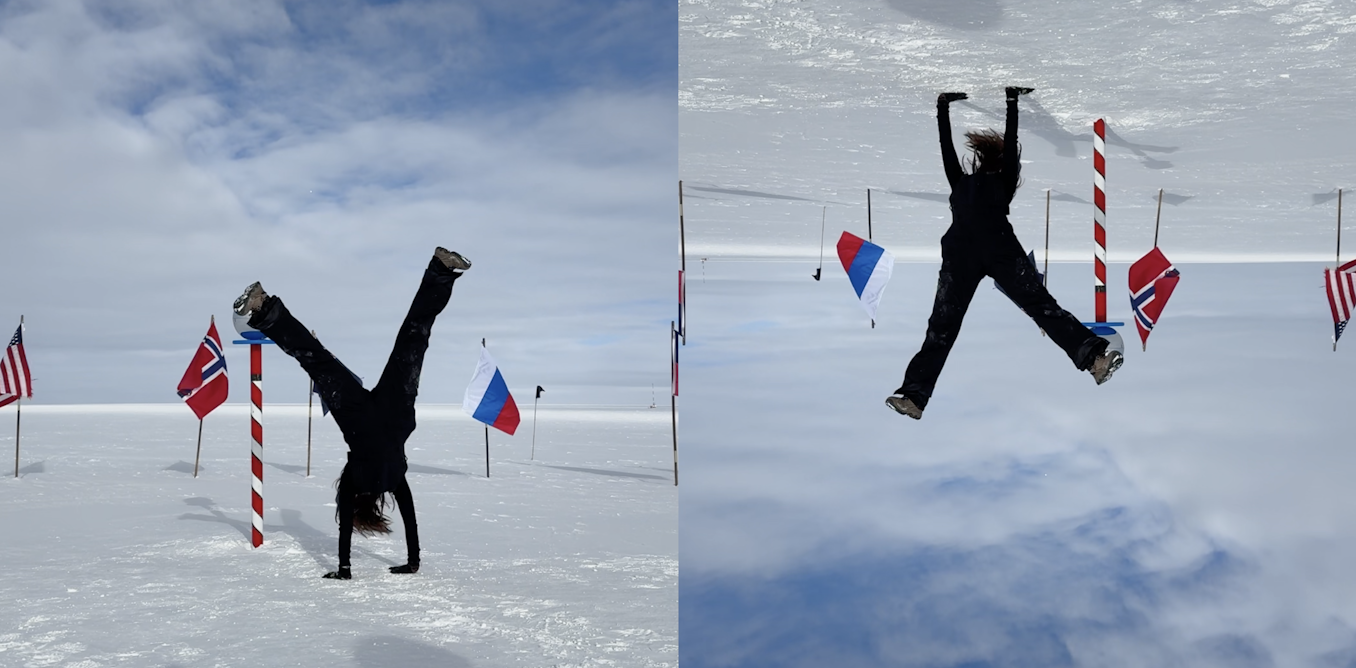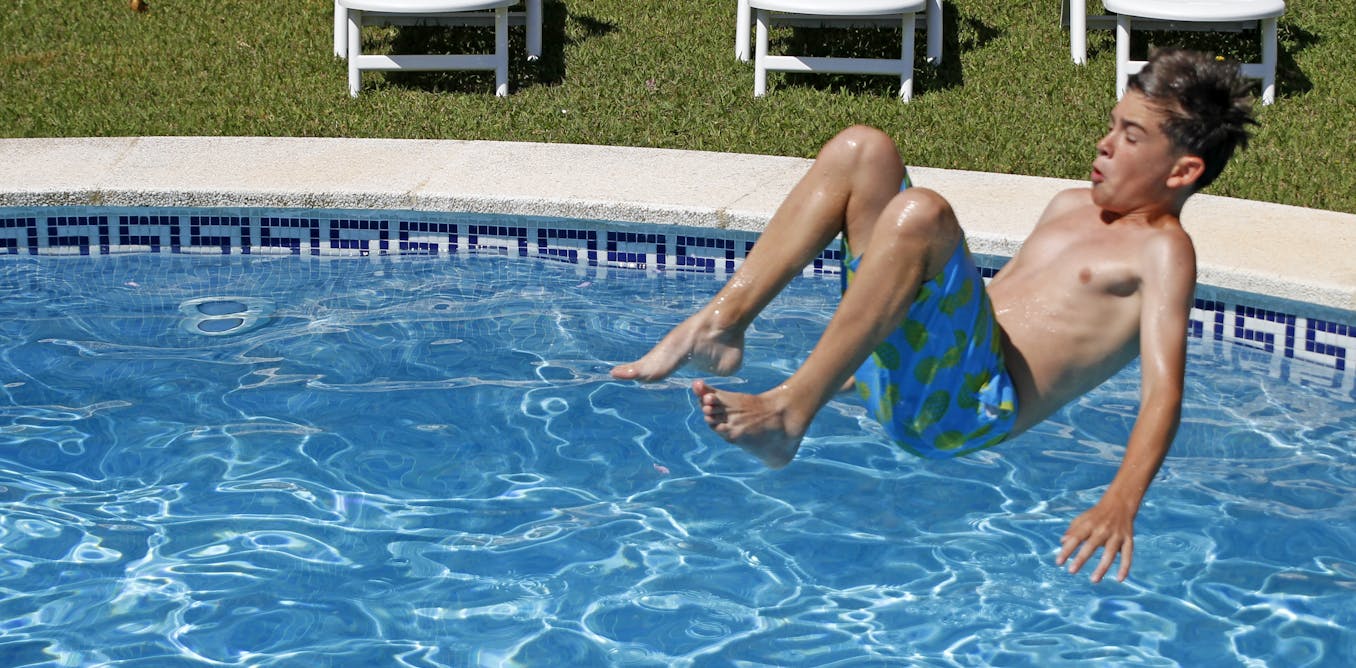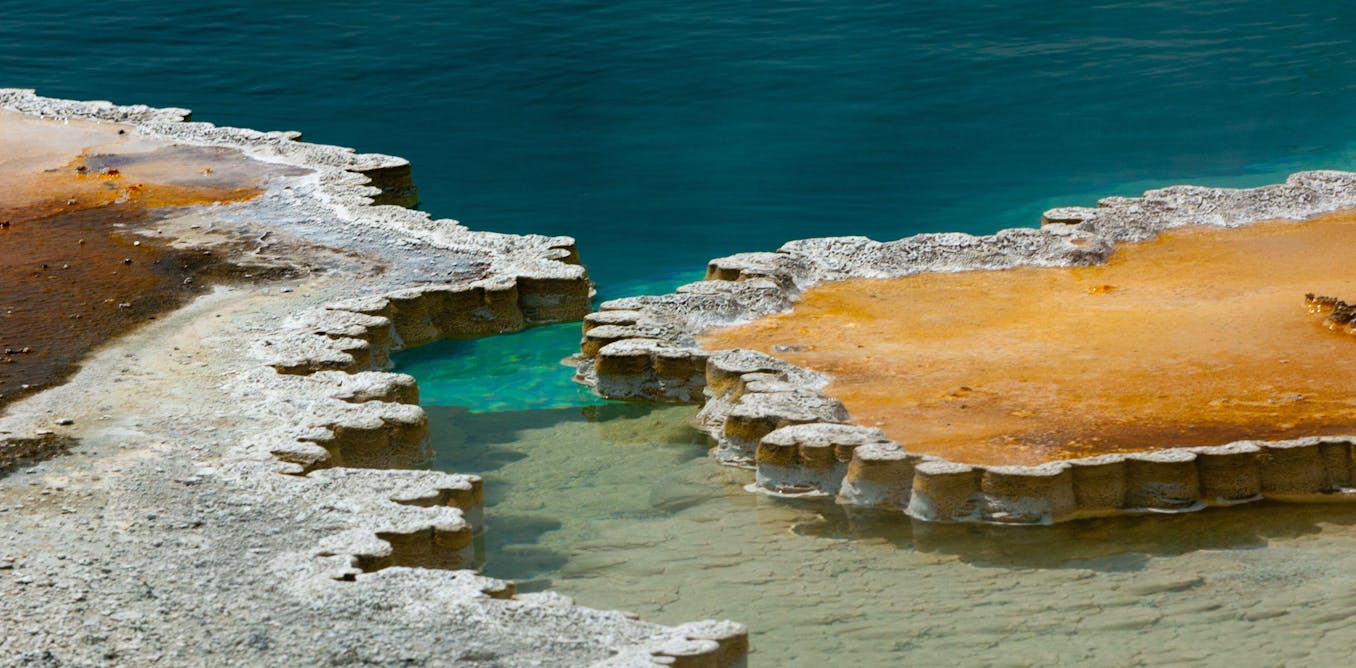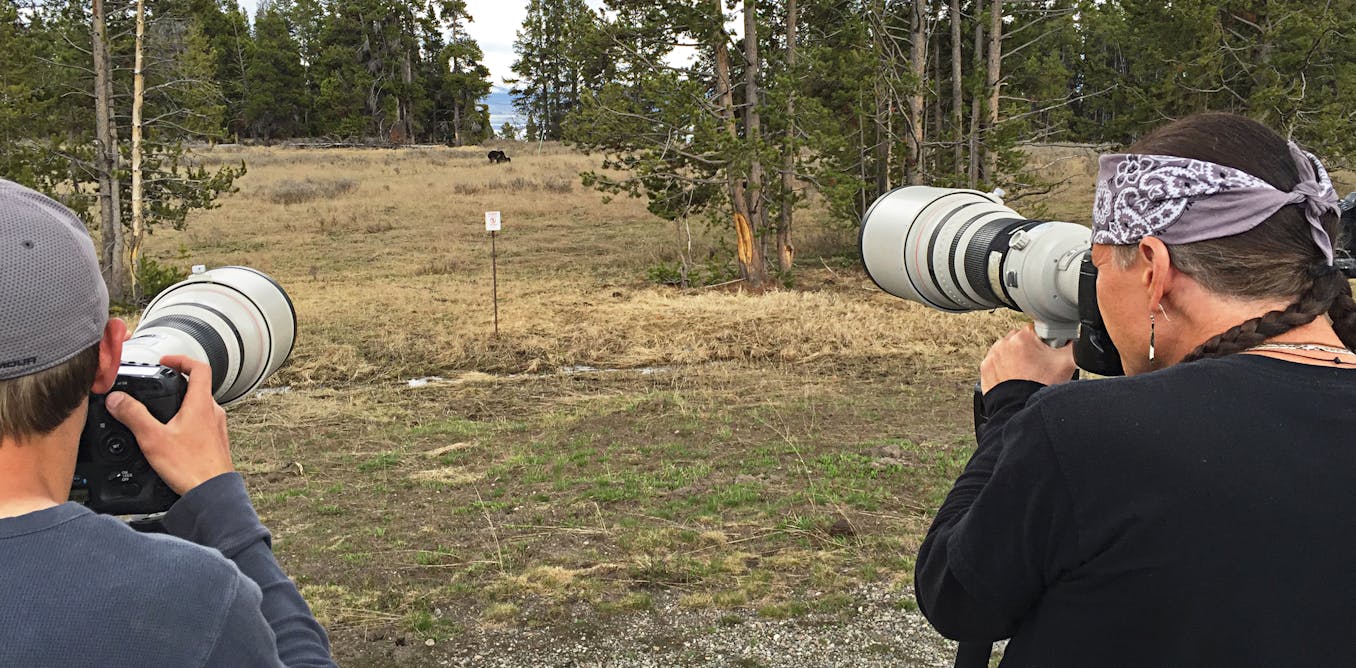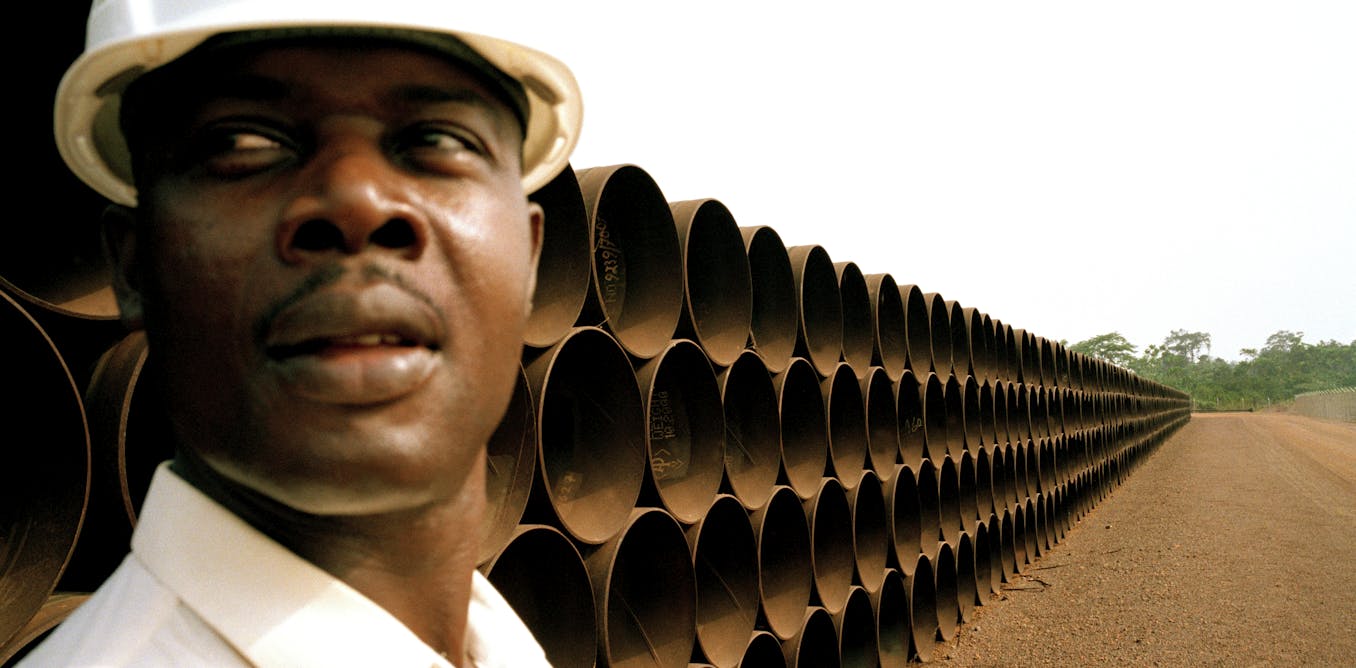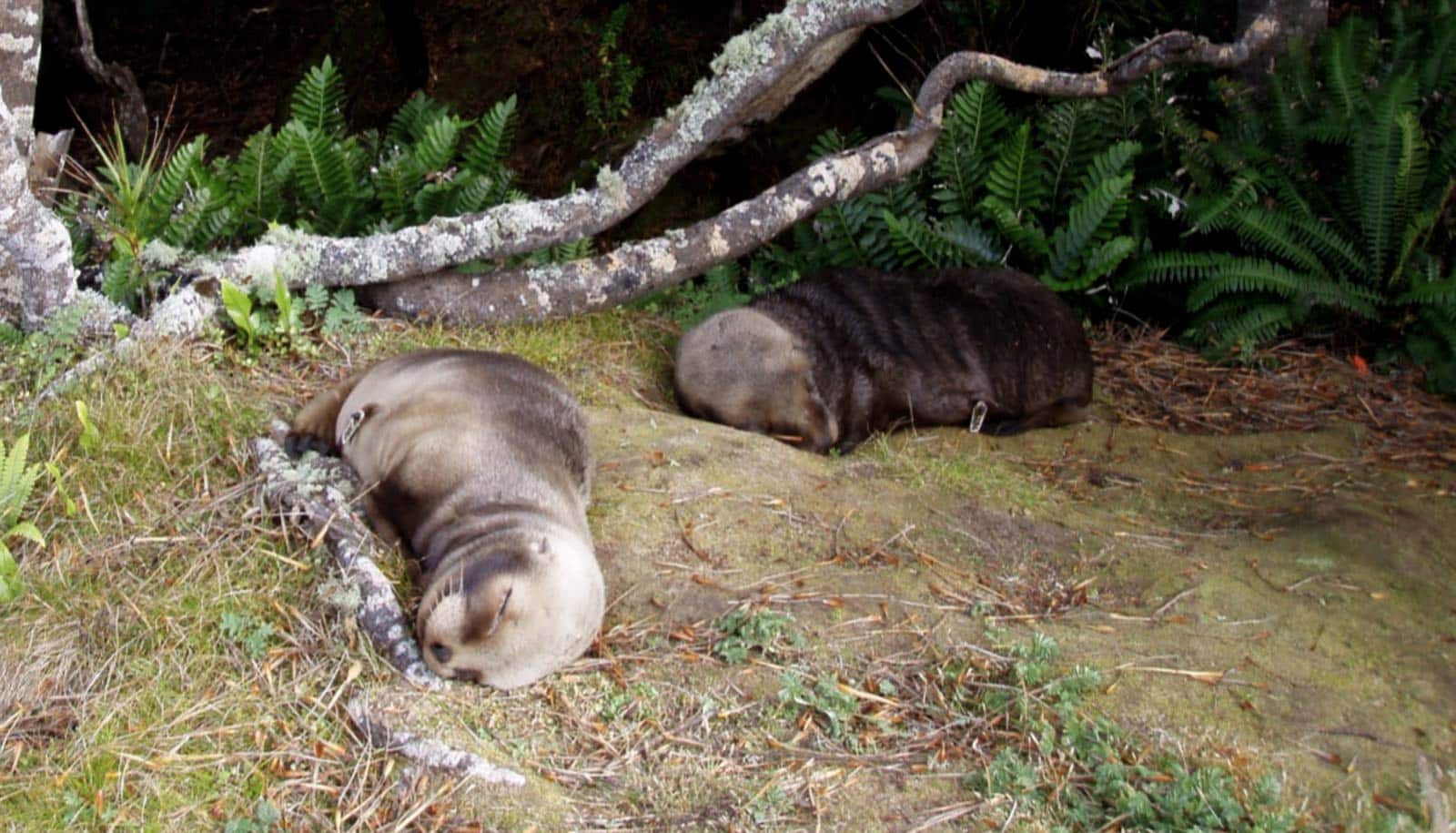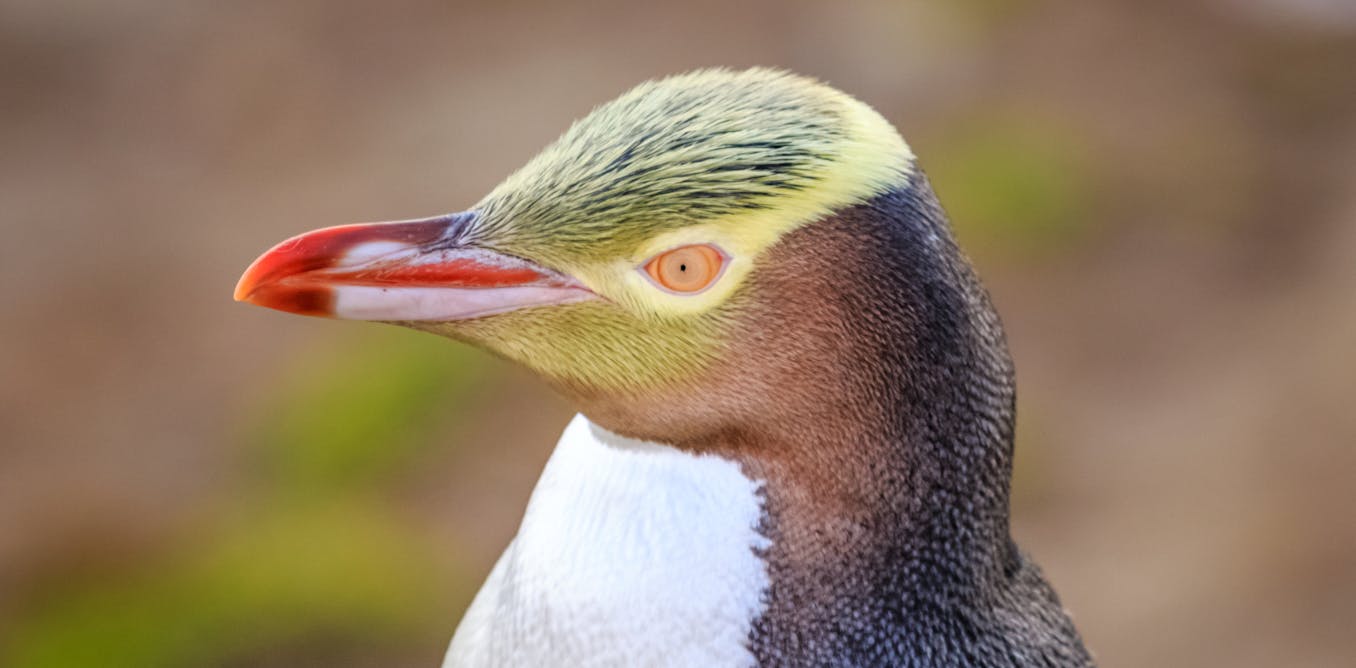The world’s first environmental clean-up happened 400 million years ago
When it comes to cleaning up land contaminated by toxic waste, we can follow nature’s example before humans populated the earth.
Feb. 2, 2023 • ~6 min
Making room for wildlife: 4 essential reads
The recent goring of a tourist who approached within 10 feet of a bison in Yellowstone National Park is a reminder that wild animals can be dangerous and people should keep safe distances.
June 6, 2022 • ~8 min
How treaties protecting fossil fuel investors could jeopardize global efforts to save the climate – and cost countries billions
A new study adds up the potential legal and financial risk countries could face from hundreds of agreements, like those under the Energy Charter Treaty.
May 5, 2022 • ~9 min
When endangered species recover, humans may need to make room for them – and it's not always easy
It’s usually good news when a once-scarce species starts to recover – unless it starts getting in humans’ way. An ecologist explains how science can help predict unwelcome encounters.
Jan. 6, 2022 • ~9 min
How we created fake smells to trick predators and save endangered birds – podcast
From the archive: using misinformation to fool predators into leaving bird nests alone. Listen to The Conversation Weekly podcast.
Aug. 5, 2021 • ~2 min
We discovered what's killing the world's rarest penguin – and it could help us make a vaccine
The bacteria which causes the infection in yellow-eyed penguins is closely related to a human pathogen.
June 11, 2021 • ~5 min
Giant 'toothed' birds flew over Antarctica 40 million to 50 million years ago
Paleontologists have discovered fossil remains belonging to an enormous 'toothed' bird that lived for a period of about 60 million years after dinosaurs.
Oct. 27, 2020 • ~7 min
/
2

